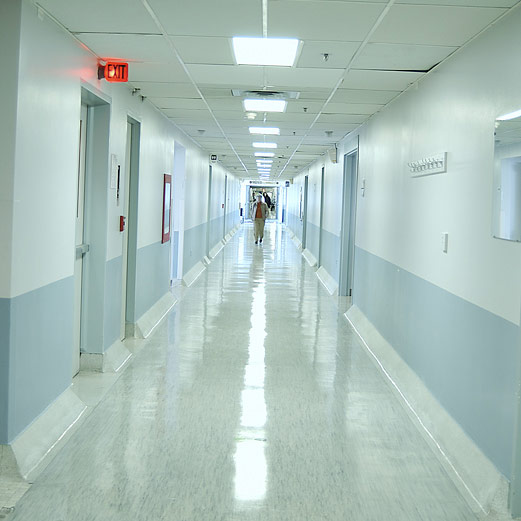
Here are some of the latest health and medical news developments, compiled by the editors of HealthDay:
Scientists Create Stem Cells From Cloned Human Embryos
In a world first, U.S. scientists say they have created thriving colonies of embryonic stem cells from cloned human embryos.
The team at the New York Stem Foundation Laboratory claim to have created two lines of the cells by using a process called somatic cell nuclear transfer (SCNT), in which an adult cell (in this case a skin cell) is fused with an egg and activated to produce an embryo, msnbc.com reported.
There was a catch, however: the stem cells created contained DNA from the human eggs used in the procedure, leaving them with an excessive amount of chromosomes — 69 instead of the usual 46.
That means the stem cells are only good for research purposes, not for any therapy. “It’s not going to lead to a therapy,” Larry Goldstein, director of the University of California San Diego Stem Cell Program, told msnbc.com. “But from a longer term perspective, it is very important.”
The research is described in an article published Oct. 5 in the journal Nature.
The scientists said their achievement advances efforts to use SCNT to create stem cells that match patients in order to treat or cure diseases such as diabetes, msnbc.com reported.
—–
Vitamin D Levels Lowest in Fair-Skinned People
Fair-skinned people are more likely than others to have low levels of vitamin D, a new study finds.
A lack of vitamin D can increase the risk of heart disease and bone loss, and reduce the chances of surviving breast cancer, according to the U.K. researchers, CBS News reported.
The study found that 730 of 1,200 participants had below-normal levels of vitamin D and that fair-skinned people had the lowest levels. The study defined a normal level as 60nmol/L.
Exposure to sun triggers vitamin D production by the body. Supplements may help fair-skinned people boost their levels of the “sunshine” vitamin without running the risk of sun damage that can lead to skin cancer, the researchers suggested, CBS News reported.
The study was published in the Oct. 4 issue of the journal Cancer Causes and Control.
—–
Avastin May Cause Fertility Problems in Women: FDA
The cancer drug Avastin may cause fertility problems in some women, the U.S. Food and Drug Administration said Tuesday.
A new warning about the risk of ovarian failure has been added to the drug’s label, the agency said. It also said doctors should tell women of child-bearing age before they begin treatment with Avastin that the drug can cause ovaries to stop releasing eggs regularly, Dow Jones Newswires reported.
Avastin is used to treat certain types of colon, kidney, brain, lung and breast cancers.
The FDA’s warning about ovarian failure is based on results from a clinical study of 179 women with colon cancer. About half the women received Avastin in addition to chemotherapy. Ovarian failure occurred in about 34 percent of the women who took Avastin and in two percent of those who didn’t take the drug, Dow Jones Newswires reported.
—–
Stress Affects Mothers’ Interactions With Children
Chronic stress can affect how mothers treat their children, a new study finds.
U.S. researchers tested the stress responses of 153 mothers and found that those dealing with ongoing stress, such as poverty or depression, were either more insensitive and neglectful or more hostile and harsh toward their toddlers, USA Today reported.
The findings show that chronic stress disrupts the body’s normal stress response, which is to react and then recover, according to lead author Melissa Sturge-Apple, an assistant professor of psychology at the University of Rochester, N.Y.
The study was published online in the journal Development and Psychopathology.
—–
Teens Underestimate Fast-Food Calories: Study
Young Americans often greatly underestimate the number of calories in fast-food meals, a new study finds.
It included 547 young people, ages 11 to 20, who were asked to estimate the calories in their meals after they’d eaten at McDonald’s, Subway, Wendy’s, Burger Kind or Dunkin’ Donuts, USA Today reported.
The researchers found that 80 percent of the participants underestimated the calories in their meals and 30 percent of them underestimated the amount by 500 or more calories.
Those who had 1,000-calorie meals underestimated the amount by an average of 350 calories, while those who had 1,500-calorie meals were 700 calories too low in their estimation, USA Today reported.
The study was presented Tuesday at the Obesity Society’s annual meeting.
—–

